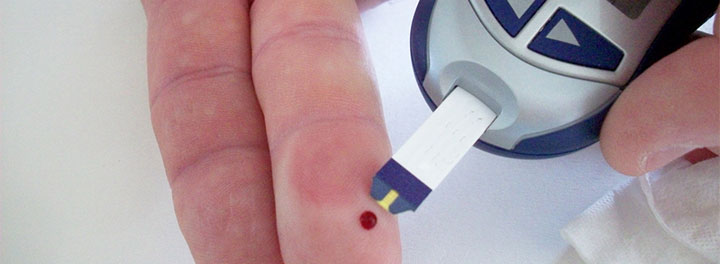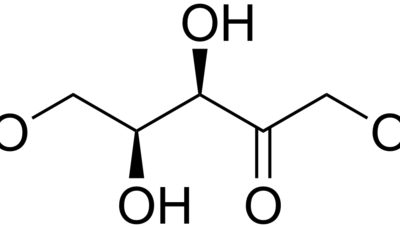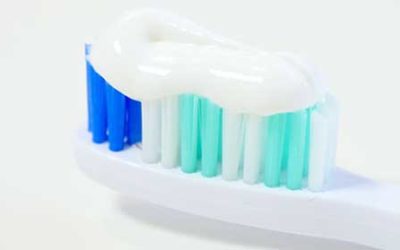With so many options available, what’s the best natural sugar substitutes for diabetes?
Unfortunately, the number of people with diabetes continues to rise. In fact, according to the United States Centers for Disease Control and Prevention, or CDC, the number of Americans with diabetes is over 12% of the adult population. And a shocking third of individuals aged 20 and over in the US are thought to have prediabetes. This brand of diabetes is not the kind that people get when they cannot make insulin: it’s called Type 2 diabetes and is closely related to obesity, life style and diet. Sensibly, adopting a healthy lifestyle and sugar free diet can help manage it. As a noted diabetologist, who helped develop the insulin pump, said long ago–and it’s still valid–”the key to diabetes treatment is diet and exercise, diet and exercise, diet and exercise, diet. . .exercise, diet and exercise. . .exercise, and then maybe drugs.”
The foundation of the diet part is foods that don’t release a lot of glucose. Look for a list of foods with a low glycemic index. This list from Harvard will get you started. If you aren’t familiar with the terms there is help from the University of Sydney, in Australia, where they have the same problem we do with diabetes. So learn about this index and glycemic load for starters. What they focus on is reducing the dietary load of glucose and that’s where we can help, because xylitol, with a glycemic index of 7, is the most natural way to sweeten your food without affecting your glucose.
It’s no secret that we love xylitol here, but it’s only because we love and believe in its benefits. Xylitol nasal sprays can help when you’re feeling congested. It helps wash your nose, and if your nose is clean you have less problems with ear infections (which is why it was developed) sinus infections, as well as allergies and asthma. And dental products containing xylitol can help protect your teeth from dental caries. But xylitol first and foremost is a sweetener, and it won’t bother your glucose level.
To make your life a bit easier, we’ve put together a xylitol products page to help you compare different options. Two of the most popular xylitol sweeteners are XyloSweet and Lite&Sweet.
XyloSweet sugar substitute is 100% xylitol. It contains zero net carbs and has 40% fewer calories than sugar. XyloSweet is also crafted using the best quality, non-GMO ingredients.
Where XyloSweet is 100% xylitol, Lite&Sweet is a blend of erythritol and xylitol. This combination means it has a high digestive tolerance (meaning less cramping and loose stools). Like a pure xylitol sweetener, Lite&Sweet has zero grams net carbs and contains only non-GMO ingredients. Lite&Sweet however, has 70% fewer calories than sugar!
Both of these sugar substitutes convert with a 1:1 ratio with sugar. So when you’re following a recipe, the only change you’ll need to make is reaching for the xylitol sweetener instead of the sugar bowl, but if your recipe uses yeast you will need some sugar since the yeast can’t use xylitol.
Related Articles
What is Pentosuria and How Does it Relate to Xylitol?
What is pentosuria? It sounds a bit daunting doesn’t it? There’s not a lot of information out there about pentosuria, and it can often go overlooked or misdiagnosed. So we thought it would be good to take a quick minute and explain what...
Special Ed and ear infections? Why are they connected?
Ear...
Nasal Irrigation: Washing Away Your Ailments
Having functioning and healthy nasal and sinus passageways can make a world of difference in your daily life. People with allergies often feel wary of enjoying a beautiful day outside because being exposed to allergens such as pollen, dust, and...
Places You Should Substitute Xylitol Sweeteners for Sugar
People often want to find replacements for table sugar in their diets. But which areas are you able to replace sugar? Does xylitol bake as well? Cook as well? Will it dissolve in liquids just as easily? Well the answer to these is yes, yes and...
Xylitol Toothpaste vs Fluoride Toothpaste
Why would you add a sweetener to toothpaste? It might seem counter-intuitive if you aren’t aware of the dental benefits of xylitol. Here’s why we recommend using xylitol toothpaste vs. fluoride only toothpaste. The cavity causing (cariogenic)...
The Nose is a Nidus: A Source of Infection for Ears, Sinuses, and Lungs
What's a nidus? A nidus is defined as “a place in which bacteria have multiplied or may multiply; a focus of infection”. The way it is now the nose is a nidus–virtually all upper respiratory problems, both allergenic and infectious begin in the...











